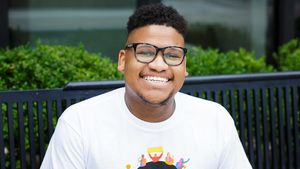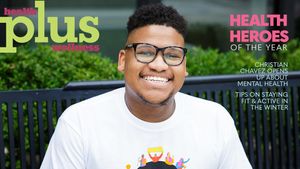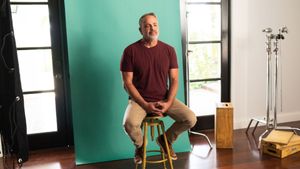Election
Scared for the future and LGBTQ+ rights? Here's how to cope with the election results

Shutterstock Creative
"We will get through this false story line based on lies, hate, and power — and the queer community will still be there, and in all likelihood, even stronger," a mental health expert tells The Advocate.
November 08 2024 11:01 AM EST
November 08 2024 3:41 PM EST


















































































